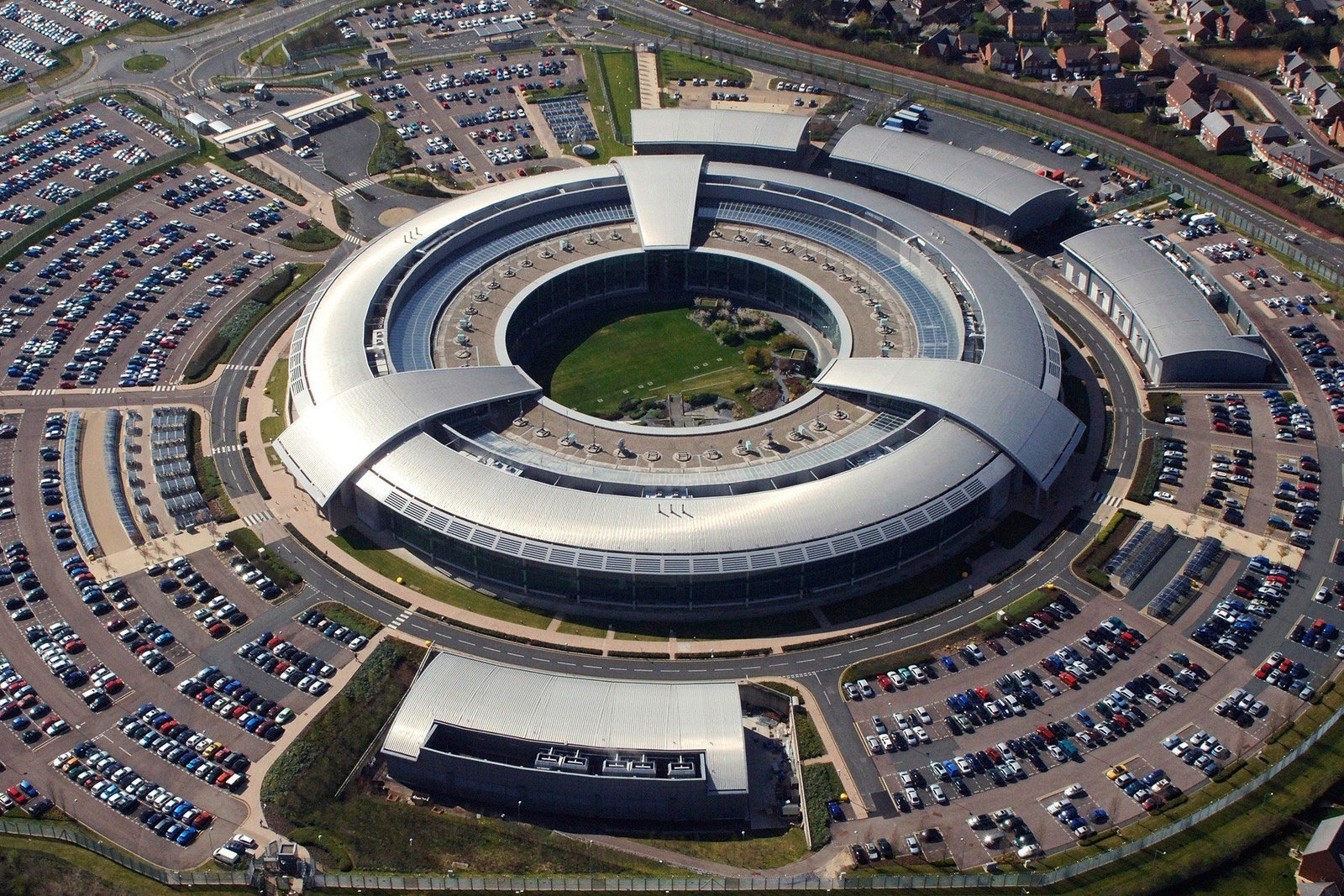The UK’s deputy prime minister, Oliver Dowden, stated that China’s attempts to undermine UK elections have been unsuccessful. This declaration comes as both the UK and the US officially accused China of aggressive actions in cyberspace, linking state-sponsored attackers to incidents at the Electoral Commission in 2021 and attempts to target 43 parliamentarians during the same year.
Dowden reassured the public that while the information breach is concerning, it typically does not pose a risk to those affected. He assured the House that the Electoral Commission, with the help of security experts, has investigated the incident and eliminated the threat from their system. The Commission has also taken additional measures to enhance the resilience of its systems.
The cyberattack on the Electoral Commission exposed data from 40 million voters and was only disclosed in August 2023. The UK’s National Cyber Security Centre (NCSC) stated that email data and information from the Electoral Register were stolen during the attack.

Dowden (Credits: ITVX)
According to the NCSC, the stolen data, when combined with other sources, could likely be used by Chinese intelligence services for espionage and repression of dissent in the UK. The attack was linked to ProxyNotShell, an exploit chain enabling remote code execution on vulnerable Microsoft Exchange servers.
Despite these incidents, Dowden assured Members of Parliament that the security of UK elections was unaffected and would not impact how Britons participate in elections.
Foreign Secretary Lord Cameron condemned China’s attempts to interfere with UK democracy, emphasizing the importance of remaining vigilant against such threats.
In a separate incident in 2021, a China state-linked group targeted the email accounts of UK parliamentarians, including members critical of Beijing. Around 43 current and former MPs and House of Lords peers, including members of the Inter-Parliamentary Alliance on China (IPAC), were reportedly targeted.

GCHQ aerial (Credits: WIRED)
The NCSC detected and thwarted the malicious activity before any accounts were compromised. The attacks were attributed to APT31, also known as Zirconium, a group known for targeting governments to obtain information advantageous to China.
In response to these cyberattacks, the UK and US sanctioned two members of APT31 and one front organization. Zhao Guangzong and Ni Gaobin from Wuhan Xiaoruizhi Science and Technology Company were sanctioned. We indicted them for computer intrusion and wire fraud conspiracies.
The UK considers China one of its primary adversaries in cyberspace, alongside Russia, Iran, and North Korea. According to a report from Parliament’s Intelligence and Security Committee, China’s espionage efforts extend beyond cyberspace, penetrating various sectors of the UK’s economy.
Despite criticisms of the government’s handling of the threat posed by China, efforts are ongoing to defend against cyber threats and political interference activities aligned with China.























